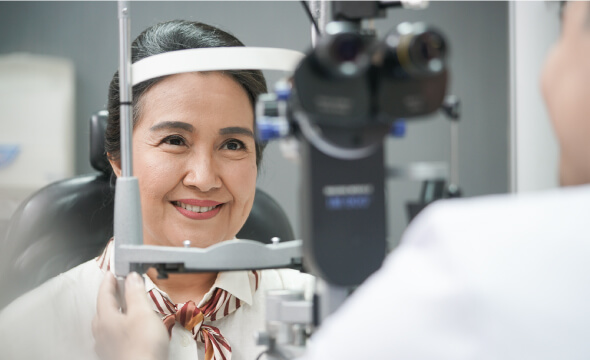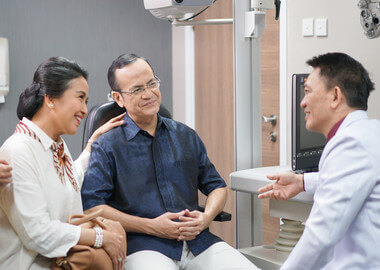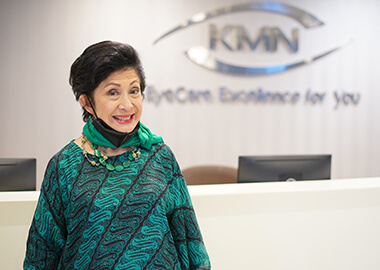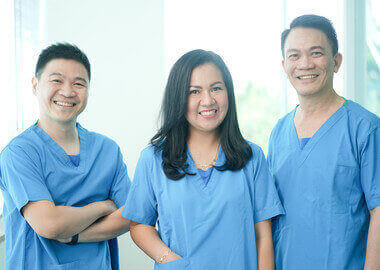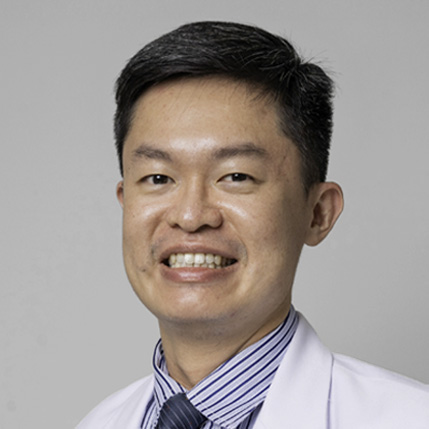Cataract surgery: Phacoemulsification
Prior to the commencement of any cataract surgery, every patient must undergo a series of comprehensive exams to determine the best approach for any given case of cataracts. Based on the results of the tests, your surgeon will then discuss the best method in regards to achieving the best possible medical result through a safe and comfortable process.
When it comes to cataracts, the surgical method of choice is phacoemulsification, which comprises more than 95% of all cataract surgeries done at KMN EyeCare. In phacoemulsification, the cataract is broken down into small particles and then aspirated out of the eye. Phacoemulsification technology has undergone major improvements to produce more predictable excellent results. Our latest phacoemulsification machine, the Centurion by Alcon Laboratories, only requires a surgical opening as small as 2.2mm. Such an opening is self-sealing and therefore requires no sutures after the surgery. Centurion is also known for its high safety profile, minimizing the probability of unwanted complications during or after cataract surgery.

